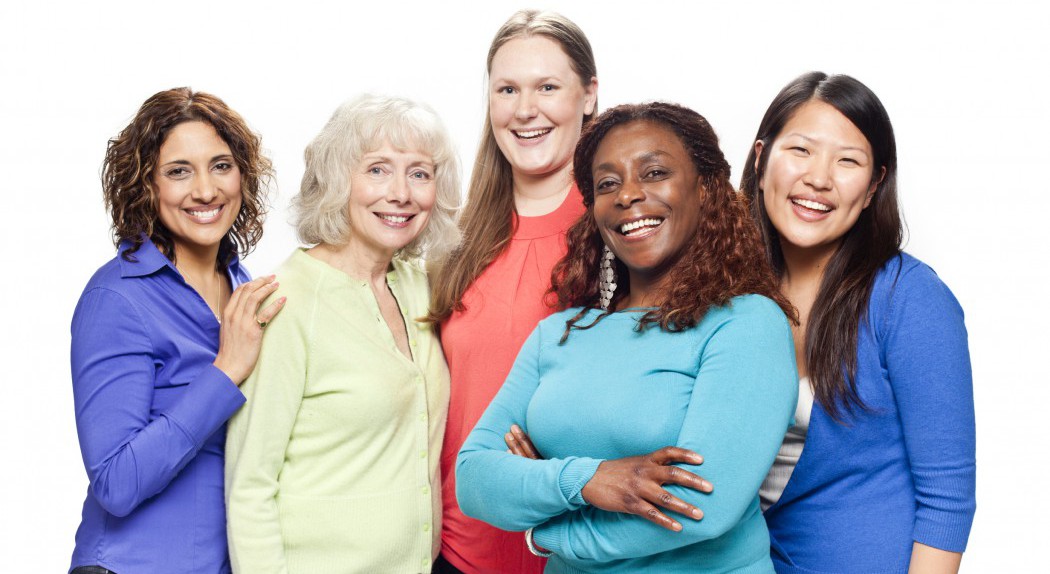Let’s face it, urinary incontinence—the loss of bladder control—is not a sexy subject. But it’s a common problem that women of all ages often find too embarrassing to even talk about. For women affected by this, everyday life things—like going to the gym, sitting in a meeting or a night out with friends—can be extremely difficult, not to mention downright depressing.
Think this is an “old person” issue? Not so. Surprisingly, one in four women under the age of 40 experience some form of incontinence. Women tend to suffer two types of incontinence:
- urge incontinence, the sudden and strong desire to urinate with only a few moments’ warning, OR
- stress incontinence, the involuntary loss of urine during physical exertion—such as lifting heavy objects and exercise, or even coughing, laughing and sneezing—that puts pressure on the bladder.
Carrying and having a baby is not always the cause of urinary incontinence. Sometimes there are anatomical problems in the pelvis or in the back that can contribute. Also, certain medications, medical conditions and lifestyle habits can cause leakage issues.
There is a bright side to this; while urinary incontinence isn’t always preventable, you can decrease your risk:
- Maintain a healthy weight
- Practice pelvic floor exercises, especially during pregnancy
- Avoid bladder irritants, such as caffeine and acidic foods
- Eat more fiber, which can prevent constipation, a cause of urinary incontinence
So when do you need to see a doctor? When the leaks become problematic and impact normal everyday living. Make sure to bring up incontinence problems with your primary care doctor or gynecologist so they can refer you to a specialist.




